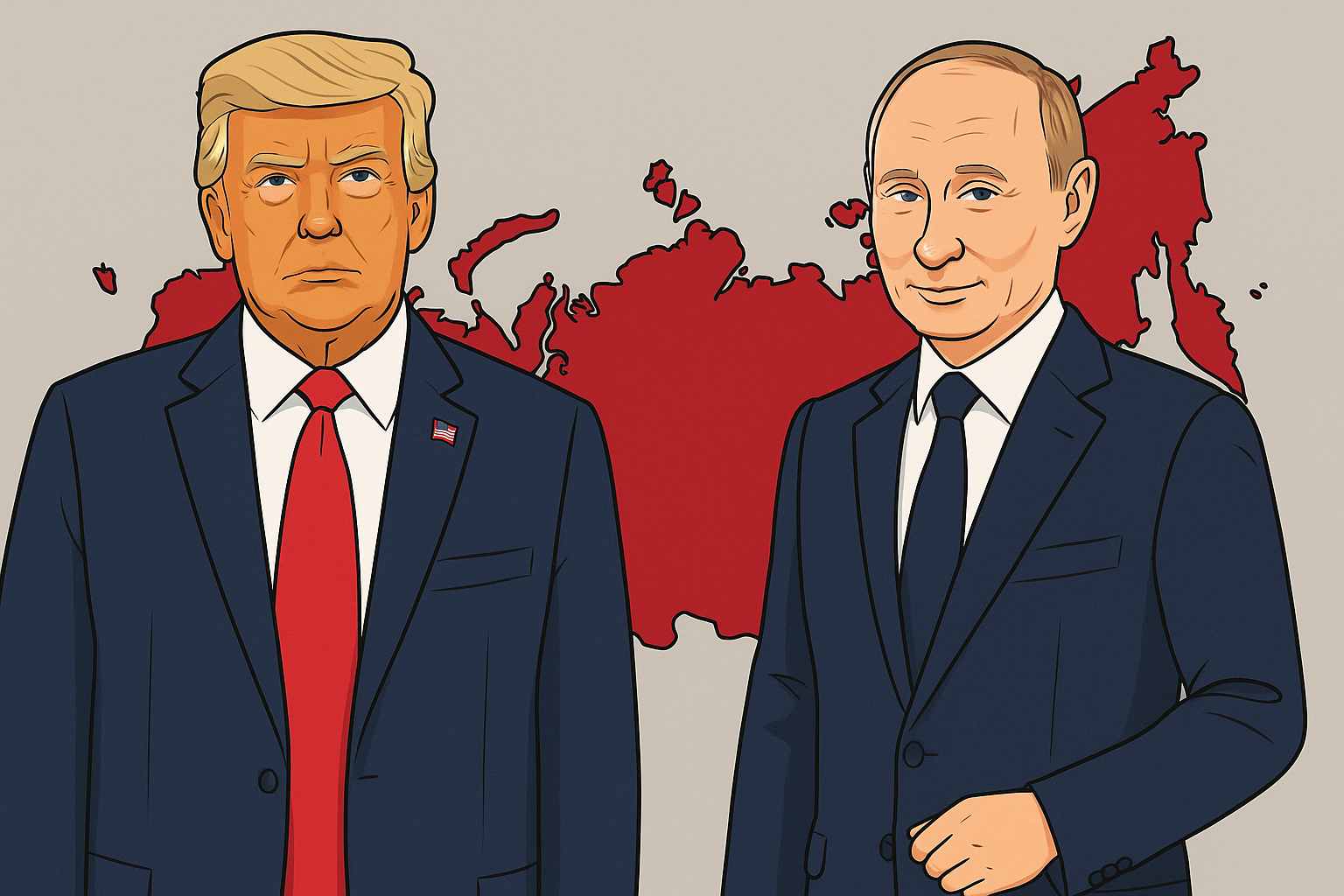Trump Escalates Pressure with 'Phase Two' Sanctions on Russia
Introduction
U.S. President Donald Trump has confirmed that “phase two” sanctions on Russia are imminent, marking the toughest step yet in Washington’s response to the Ukraine war. Speaking from the White House, Trump made it clear that patience is running out as Russia continues its military offensive, despite repeated attempts at diplomacy.
Trump signals toughest action yet with looming 'phase two' sanctions on Russia https://t.co/Rpj2XqY70b
— Daily Mail (@DailyMail) September 8, 2025
1. Trump’s Direct Confirmation
When asked if the U.S. was ready to move to the next stage of sanctions, Trump simply replied:
“Yeah, I am.”
This short but powerful statement has set the stage for a major escalation in U.S.-Russia tensions. He also suggested direct talks with Russian President Vladimir Putin could happen within days, adding:
"We’re going to get it done. The Russia-Ukraine situation. We’re going to get it done."
2. The Ukraine War Context
The comments follow one of the largest aerial assaults on Ukraine since 2022. Over the weekend, Russia launched 810 drones and missiles at Kyiv and surrounding areas. Ukraine’s air defense successfully intercepted most—747 drones and four missiles—but four civilians were killed, highlighting the continued intensity of the conflict.
3. Trump Defends Past Actions
Critics argue Trump has not gone far enough. But he defended his approach:
"That cost hundreds of billions of dollars to Russia. You call that no action? And I haven’t done phase two yet or phase three."
He was referring to tariffs on U.S. exports to India, which indirectly hurt Russia by targeting one of its biggest energy buyers.
4. Treasury Signals Global Tariffs
Treasury Secretary Scott Bessent hinted that future sanctions may include “secondary tariffs on countries that buy Russian oil.”
This would significantly escalate the crisis, potentially hitting China and India, two of Russia’s largest customers. Such a move could fracture U.S. relations with key global players while isolating Moscow further.
5. Putin, Xi, and Kim Meeting Raises Alarm
Trump also expressed concern about a recent three-way summit between Russia’s Vladimir Putin, China’s Xi Jinping, and North Korea’s Kim Jong Un. He warned this could signal strategic cooperation against the United States, complicating global alliances.
6. International Reaction
British Prime Minister Keir Starmer strongly condemned the Russian drone strikes, saying:
"These cowardly strikes show Putin believes he can act with impunity. He is not serious about peace. Now, more than ever, we must stand firm in support of Ukraine."
7. What Comes Next?
Trump has made clear that he is “not happy with anything about that war” but still hopes to reach a deal. His “phase two” sanctions could reshape global trade, energy markets, and diplomatic relations. Whether this results in peace negotiations—or deeper conflict—remains uncertain.
FAQs
Q1. What are Trump’s “phase two” sanctions?
They are the next stage of economic penalties targeting Russia, possibly including tariffs on countries that continue purchasing Russian oil.
Q2. Why now?
The decision comes after Russia’s largest drone attack on Ukraine in years, escalating the urgency for tougher action.
Q3. Could this affect India and China?
Yes. If secondary tariffs are introduced, both countries may face economic penalties for importing Russian energy.
Q4. How might global markets react?
Energy prices could spike, trade flows may shift, and diplomatic tensions could intensify, especially between the U.S. and Asian powers.
Conclusion
Trump’s push for “phase two” sanctions on Russia signals a turning point in U.S. policy. By threatening not only Moscow but also nations doing business with it, Washington is preparing to expand the battlefield into global trade and energy markets.
Opinion
While Trump’s strategy shows determination, it also raises intellectual dilemmas for policymakers worldwide. If sanctions collapse Russia’s economy, peace negotiations may follow—but at the risk of destabilizing global markets and alienating allies like India and China. Conversely, a softer approach risks prolonging the war, emboldening Moscow, and undermining U.S. credibility.
Ultimately, this moment reflects the paradox of modern geopolitics: every sanction is both a tool of justice and a weapon with unintended consequences. The world is left to ponder whether tightening the economic screws on Russia brings us closer to peace—or pushes us further into a fractured global order.


0 comments